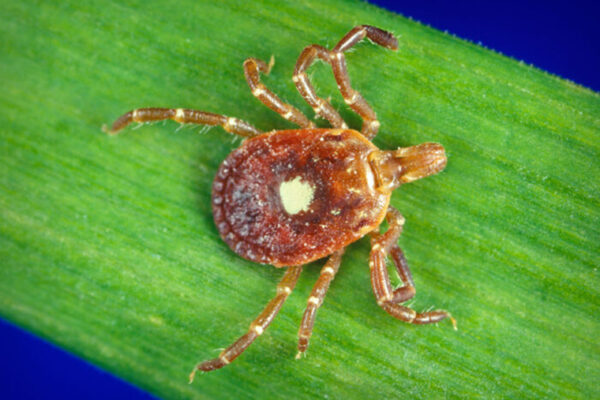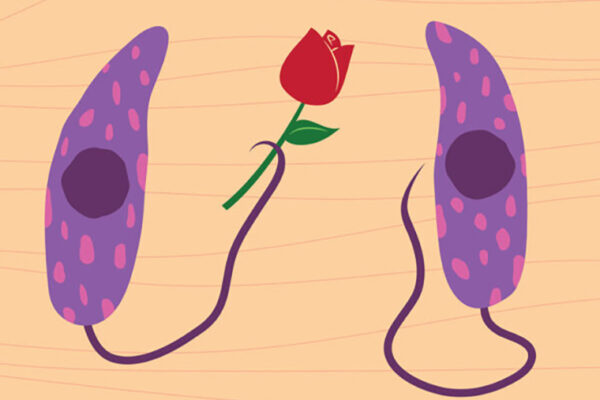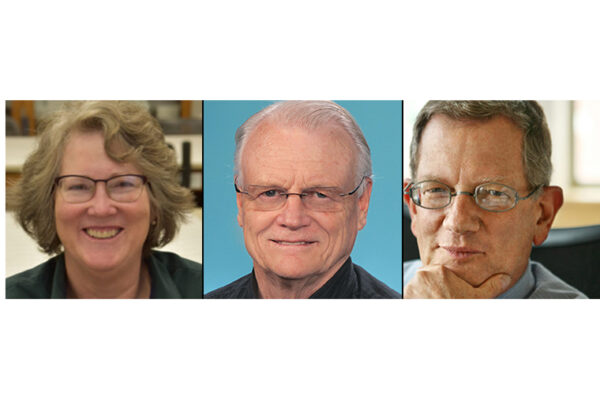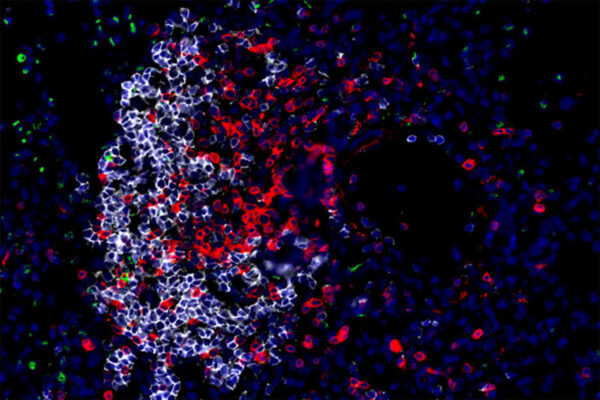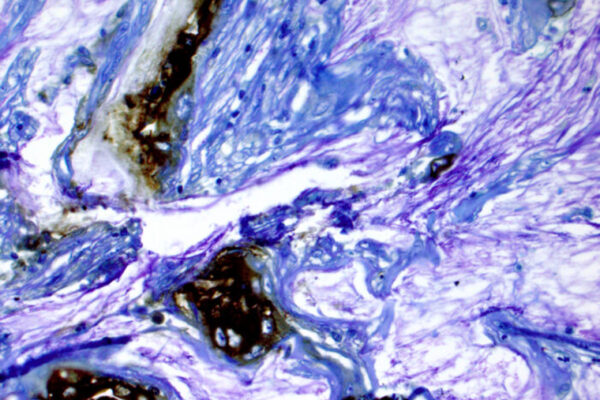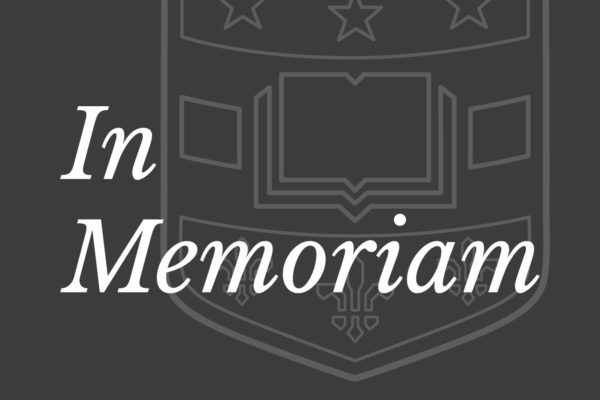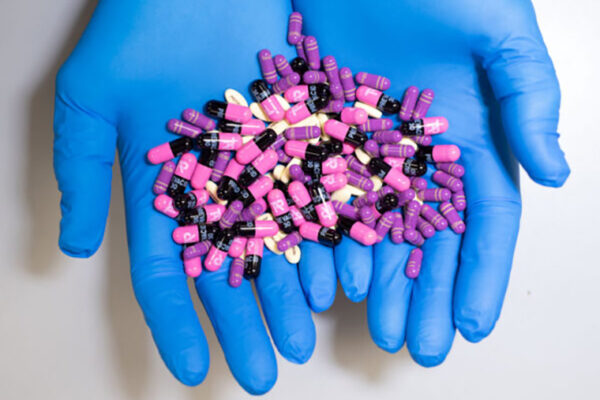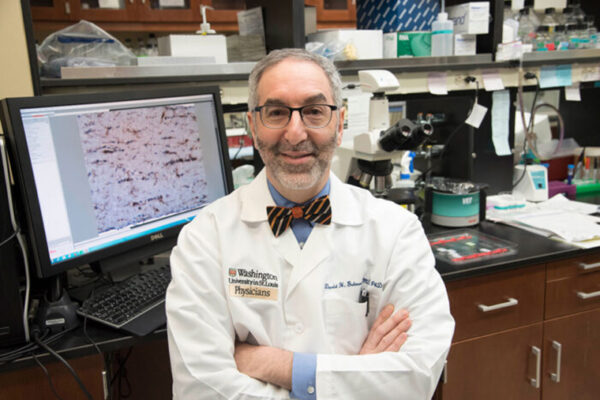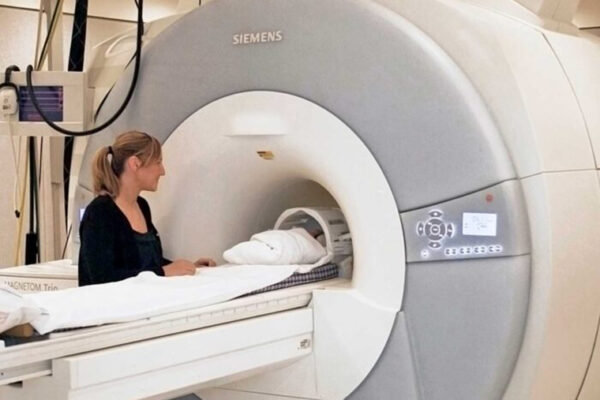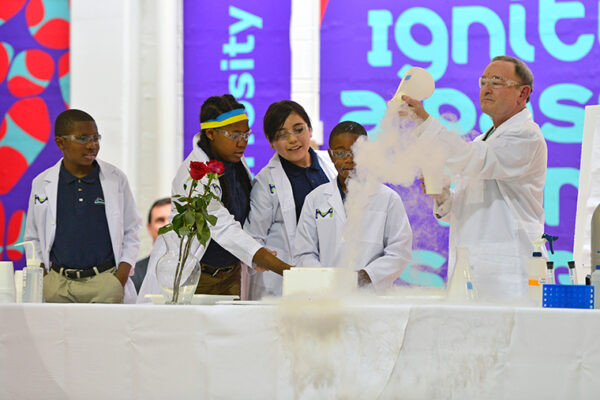Deadly tick-borne virus cured with experimental flu drug, in mice
Only a few cases of the newly discovered Bourbon virus have been reported, and two of them ended in death, partly because no specific treatments are available for the tick-borne illness. Now, researchers at Washington University School of Medicine in St. Louis have identified an experimental antiviral drug that cures mice infected with the potentially […]
Once thought to be asexual, single-celled parasites caught in the act
The single-celled parasite Leishmania can reproduce sexually, according to a study from the School of Medicine and the National Institutes of Health (NIH). The finding could pave the way towards finding genes that help the parasite cause disease.
Marshall, Stormo to receive 2019 faculty achievement awards
Washington University professors Fiona Marshall, Gary Stormo and Yoram Rudy will receive 2019 awards for faculty achievement, innovation and entrepreneurship, Chancellor Andrew D. Martin has announced.
To fight TB infection, early protection is crucial
Researchers at the School of Medicine and the Africa Health Research Institute have identified a master cell that coordinates the body’s immune defenses in the crucial early days after a tuberculosis infection. Boosting the activity of such cells could help reduce the millions of new infections that occur worldwide every year.
Biomarker predicts which pancreatic cysts may become cancerous
Research led by investigators at the School of Medicine has taken a step toward identifying the cysts in the pancreas that are likely to become cancerous.
Obituary: Kelley Mullen, faculty practice senior director, 57
Kelley Ann Mullen, senior director of scheduling services and service quality for Washington University School of Medicine’s faculty practice, died at her home Tuesday, May 21, 2019, after a brief illness. A deeply kind, calming and dedicated leader, Mullen was beloved by her colleagues. She was 57.
Heartburn drugs linked to fatal heart and kidney disease, stomach cancer
A study from researchers at the School of Medicine and Veterans Affairs St. Louis Health Care System has linked long-term use of drugs known as proton pump inhibitors (PPIs) to fatal cases of cardiovascular disease, chronic kidney disease and upper gastrointestinal cancer. The researchers found that such risks increase with the duration of PPI use, even when taken at low doses.
Immune cells determine how fast certain tumors grow
Researchers at the School of Medicine studying brain tumors in mice discovered that tumors grow most rapidly if they can enlist the aid of immune cells. The findings suggest that therapies targeting immune cells could potentially treat some kinds of brain tumors.
$9.5 million aimed at detecting autism earlier in childhood
Researchers at the School of Medicine are leading a multicenter team conducting research to evaluate whether brain imaging might help reveal risk for autism spectrum disorder in early infancy. Previous research suggests such imaging in high-risk children can predict problems in kids as young as 6 months old.
Academy of Science-St. Louis honors faculty
The Academy of Science-St. Louis recently honored Washington University Chancellor Mark S. Wrighton for his leadership in science and three researchers at the School of Medicine — Susan K. Dutcher, Anne M. Fagan and Samantha A. Morris — for their work as outstanding scientists.
View More Stories
